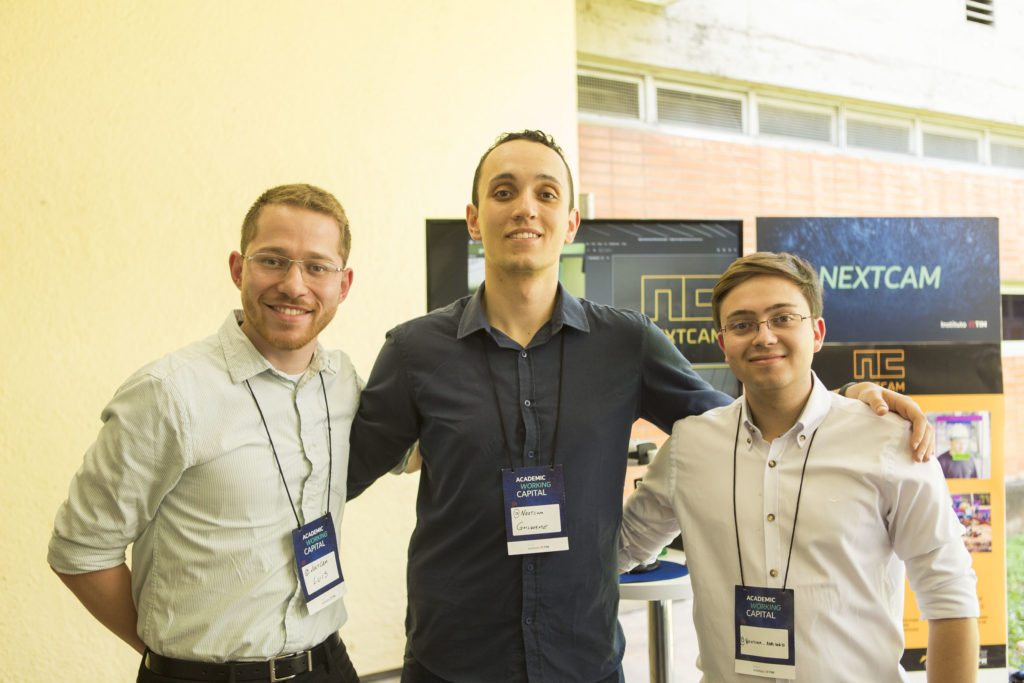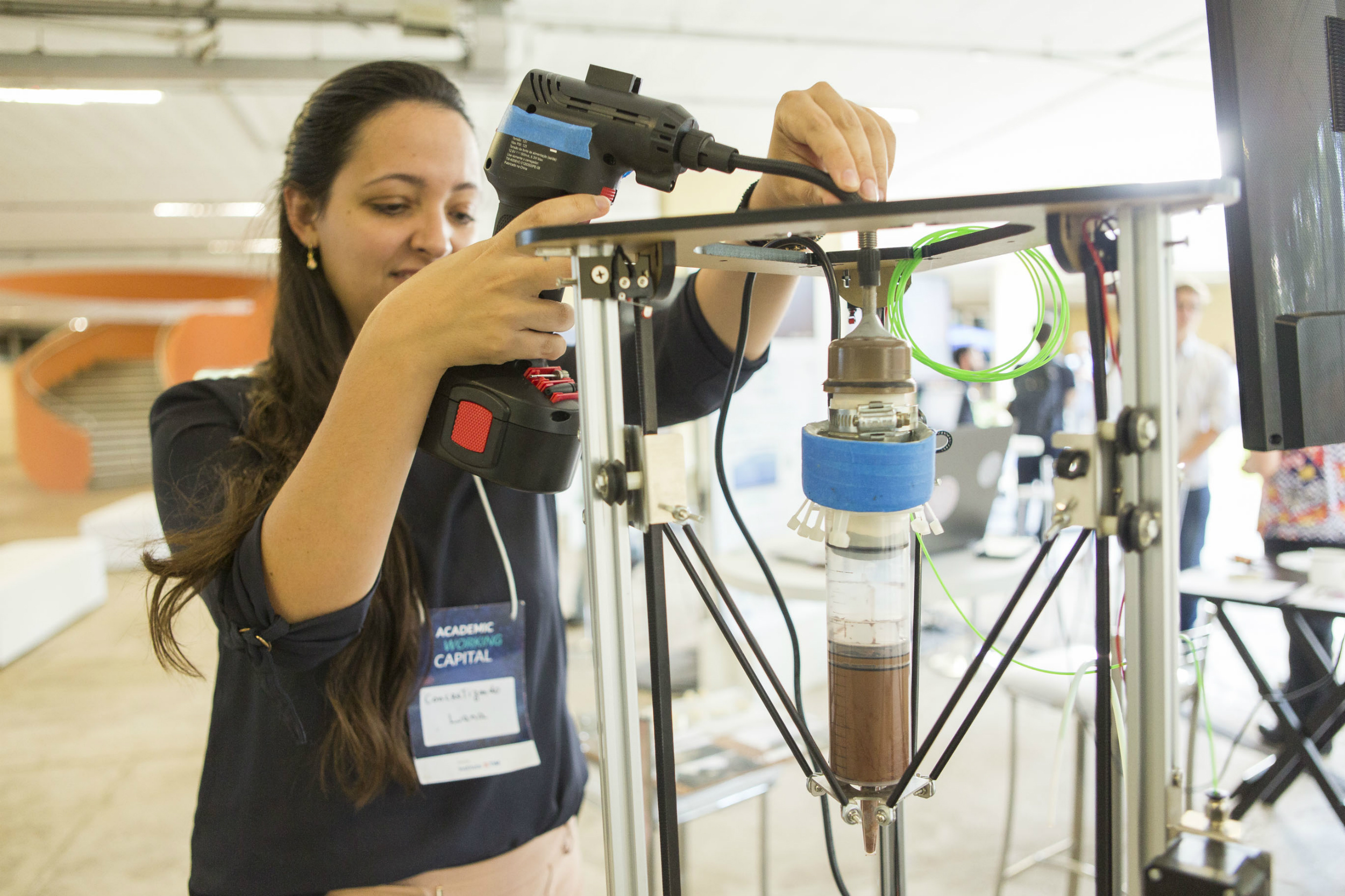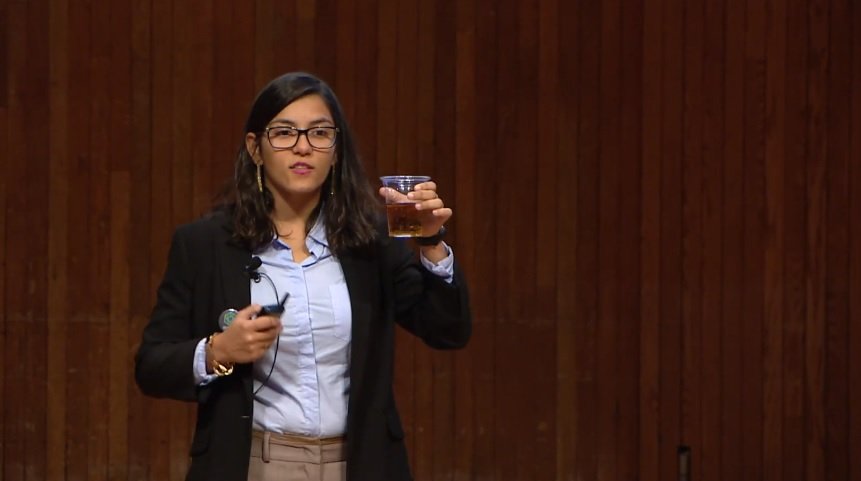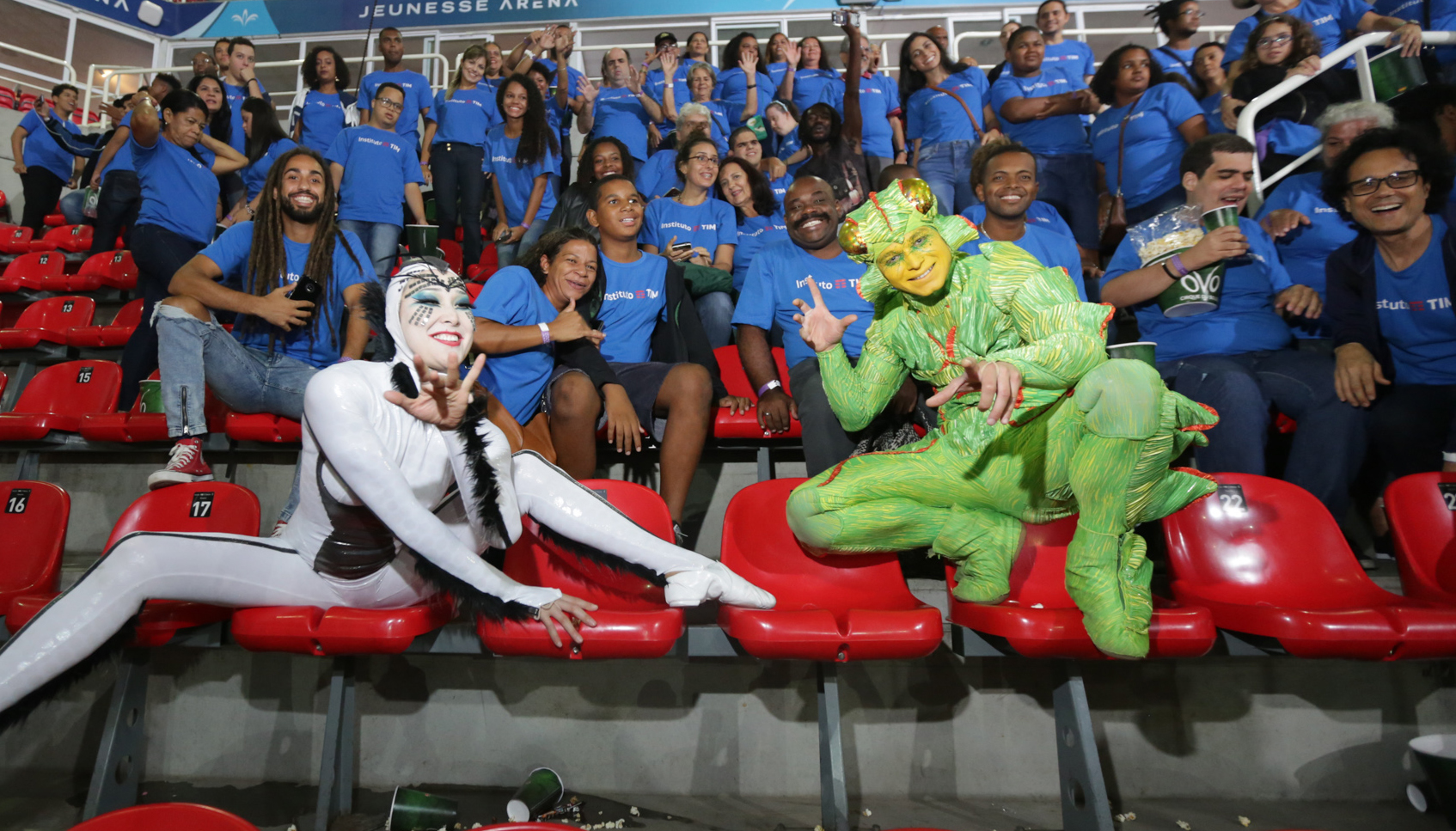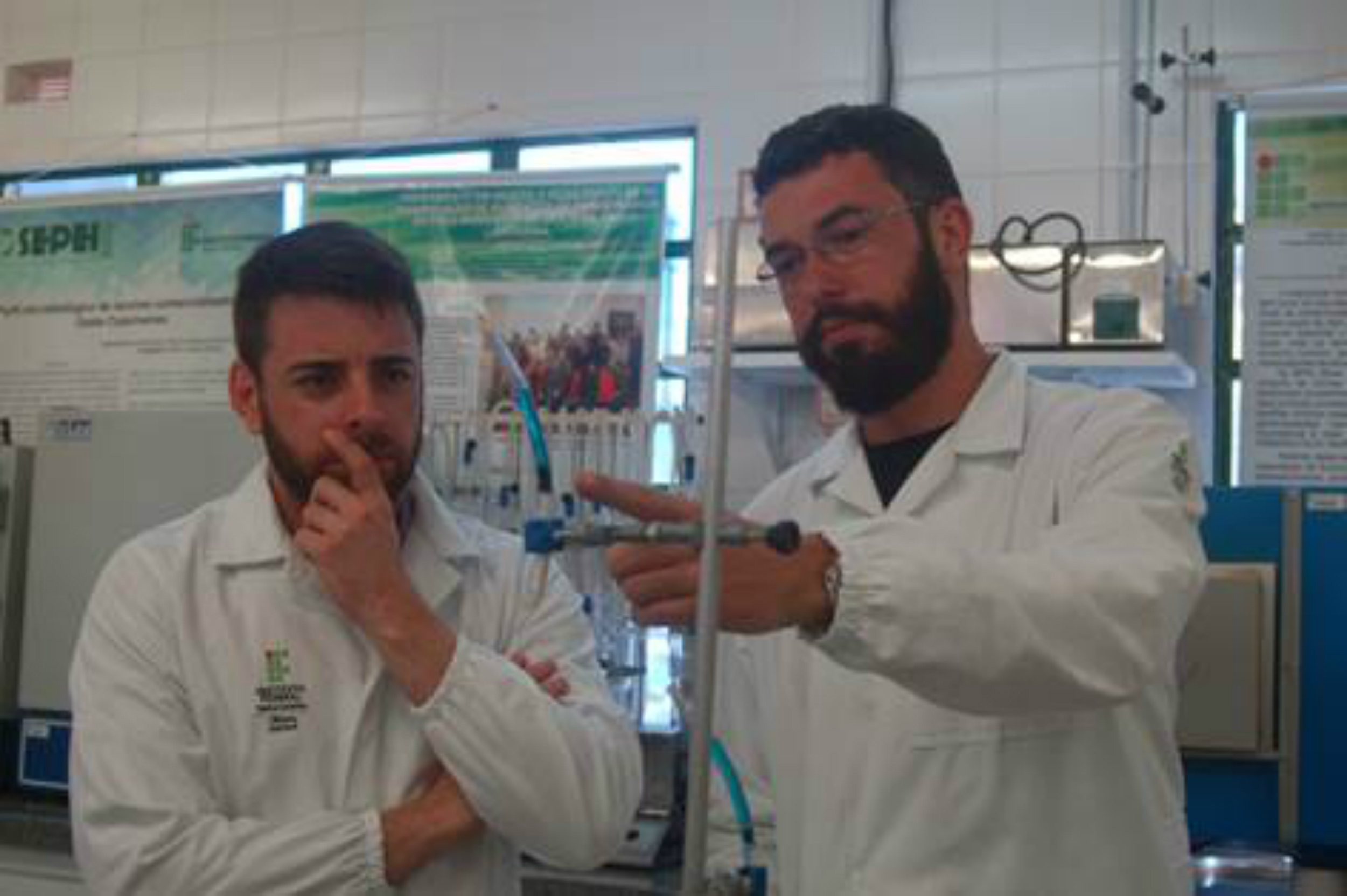
The Instituto TIM’s entrepreneurial education program, Academic Working Capital, supports undergraduate students who want to turn their undergraduate thesis (TCCs) into technology-based startups. Since 2015, several teams have gone through the program and learned about the scientific entrepreneurship method that characterizes it. Many of these groups took their projects and learnings forward and became successful startups.
AWC 2017 participants Pedro Fornari, Lucas Pereira, Marcos Hollerweger and João Fornari wanted to initially develop a software and sensor system that mapped and identified irregularities on roadways. Thus Road Labs (www.kartado.com.br) came to be, which, over time, began to expand its customer base. “People started using the solution and began to want to identify other things. We ended up giving the product a broader scope, inserting more data inputs,” says Pedro.
Today’s Road Labs’ solution offers people management and financial enhancement options. The focus turned from highways to infrastructure. “We have nine highway customers, but we are also partnering with Engie. Two hydroelectric plants already use the software and are paying,” explains Pedro. And the lessons learned from AWC continue to impact the startup’s daily life. “It completely changed the way we see business. We take things for everyday life like the product validation and testing system.”

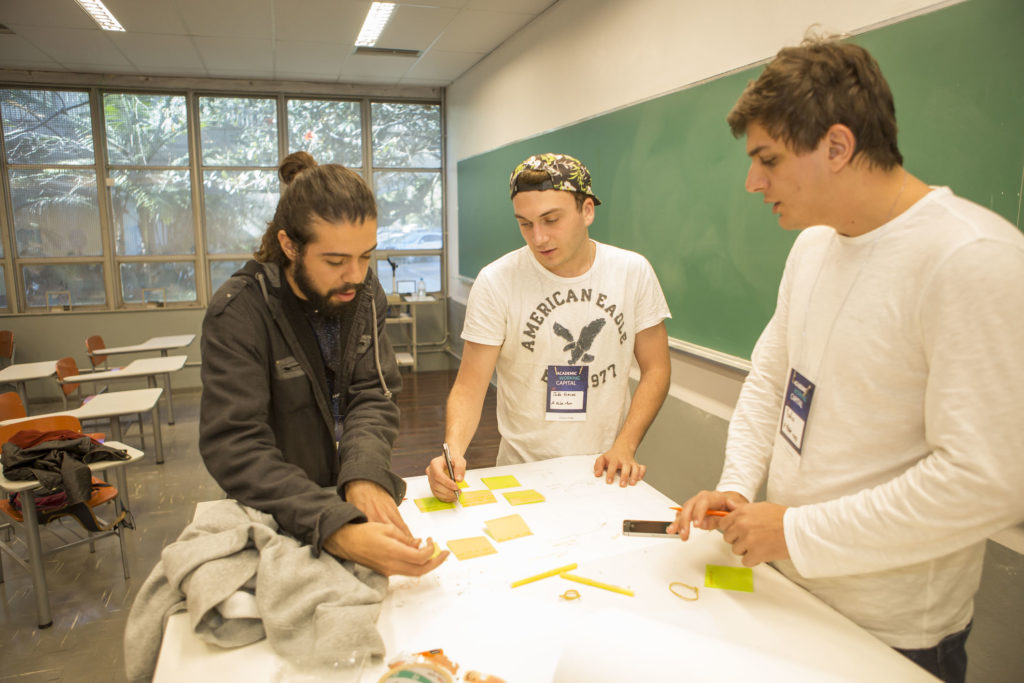
Mariana Macedo Ribeiro and Marcelo Martins entered AWC 2018 with Homeshelf, a platform that helped architecture professionals find clients. Throughout the program, the group pivoted and decided to create a platform, aimed at architects, that facilitated the search for furniture and decoration products for building 3D projects, optimizing price comparison and graphical representation.
Thinking about bringing together the largest possible database of Brazilian products, Mariana and Marcelo partnered acquired a new partner and picked up the name Casoca (casoca.com.br). According to Mariana, the biggest lesson from AWC was precisely the methodology. “The issue of scientific entrepreneurship, learning to talk to people and understanding what they need,” says the businesswoman.
For those who are coming to the end of the program now, Mariana and Pedro leave precious tips. “The first tip is to study hard what the AWC Team says, because it is very important to enjoy everything the program offers. It’s also important to keep the methodology of testing, validating and documenting everything you do,” says Pedro. “If you believe in your idea and in the program, persevere. Because it can really work out,” says Mariana.
Get to know other companies that were born in AWC and remain steady in the market:
Mvisia (mvisia.com.br) | AWC 2015
Fernando Lopes, Fernando Velloso and Henrique Oliveira have created an intelligent machine capable of selecting eucalyptus seedlings. Today, the company is consolidated in agribusiness, expanding its solution for artificially intelligent cameras that assist in various industrial processes.

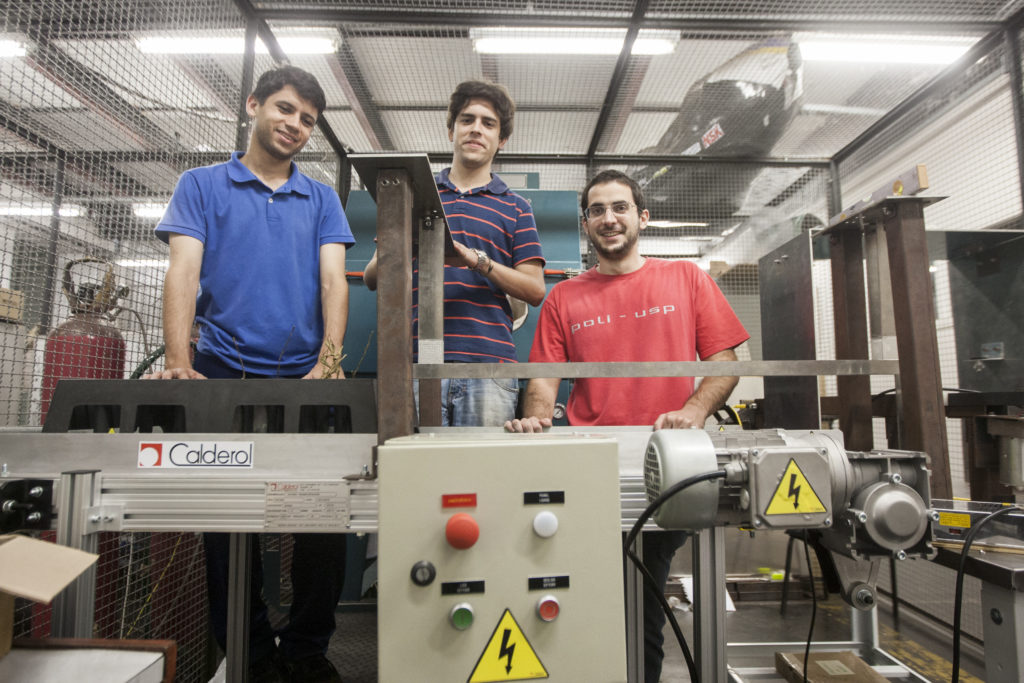
NanoTropic (nanotropic.com.br) | AWC 2016
Leonardo Kalinowski, Yuri Matos and Gustavo Suckow have developed nanoadhesive and antimicrobial technology that can be added to materials such as plastics, papers, ceramics and paints, giving them bactericidal and fungicidal properties. The company currently works in the textile, polymer, chemical and paint industries.
Aqualuz (www.sdwforall.com.br/aqualuz) | AWC 2018
Anna Luísa Beserra Santos, Lucas Gama Dantas Ayres and Letícia Nunes Bezerra have developed a solution to make water potable in a simple manner, with low cost and high durability. Created especially for the semi-arid climate, the device can be used in tanks and offers 28 liters of water a day ready for consumption. Aqualuz was in 2nd place in HackBrazil 2018/2019 and Anna Luísa represented Brazil in the Young Champions of the Earth Award, from the United Nations (UN).
Helidrop | AWC 2018
Bruno Bagarini and Victor Hugo Turcato combined interest in aeronautics and agricultural innovation to develop an unmanned helicopter that performs smart, geolocalized spraying, less costly, less environmental contaminating and that uses fewer pesticides. The company was between the finalists of HackBrazil 2018/2019.

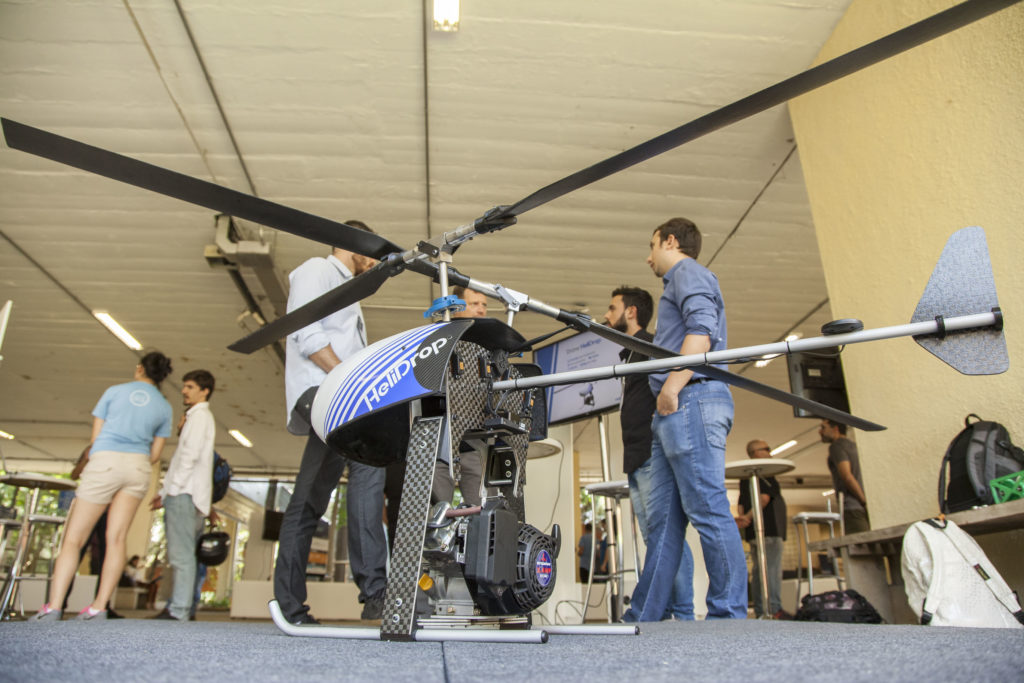
K.BANA (www.querokbana.com.br) | AWC 2018
In order to provide a sustainable building service in harmony with nature, Alexandre Wolf, Isabela Franceschi and Larissa Pagnussat decided to use a system called woodframe, made of treated wood, with thermal-acoustic insulation and moisture protection to form panels that can take any kind of finishing product.
NextCam (next-cam.com) | AWC 2018
Aiming to reduce costs and increase safety in construction sites, Adriano Peniche dos Santos, Guilherme Cordeiro Vogt and Luis Guilherme Dias de Souza have created a solution that uses artificial intelligence and computer vision to identify hazards and thus facilitate preventive actions. In addition to participating in HackBrazil 2018/2019, NextCam won the Prêmio ENGIE Brasil de Inovação 2019.
